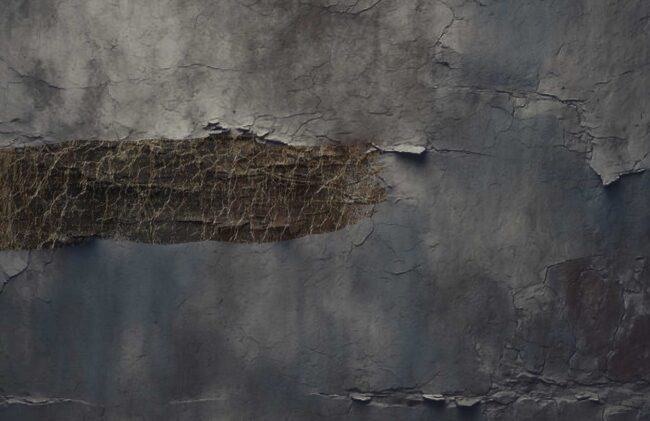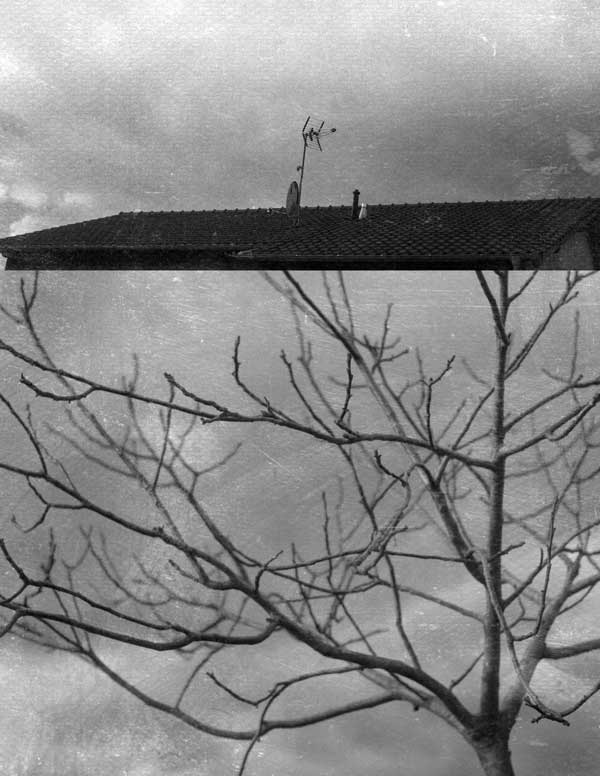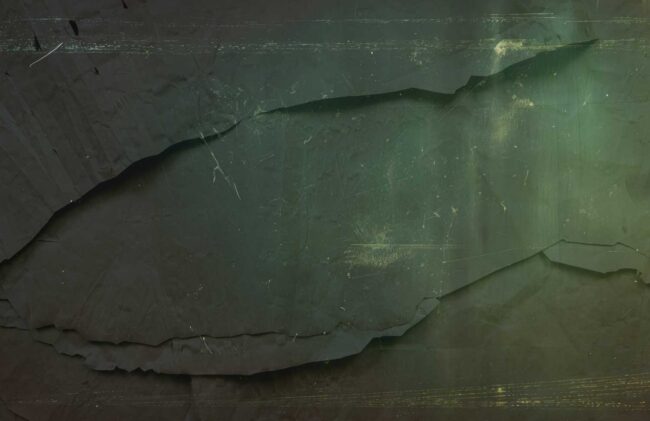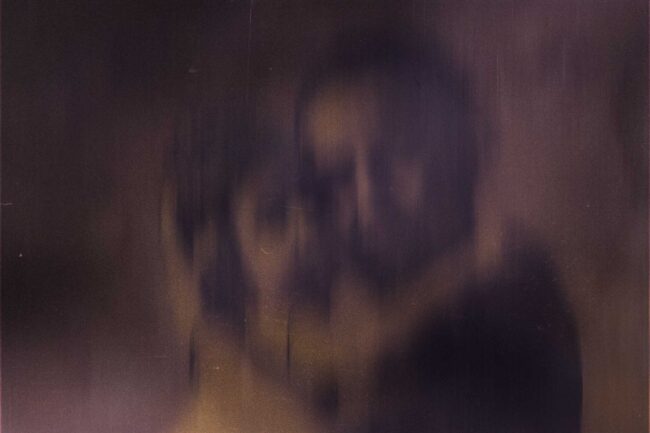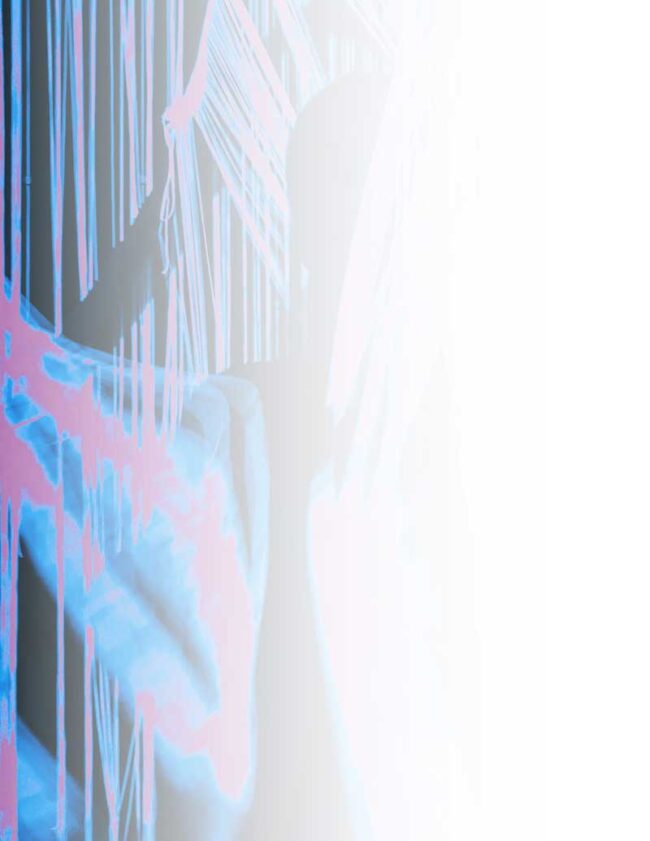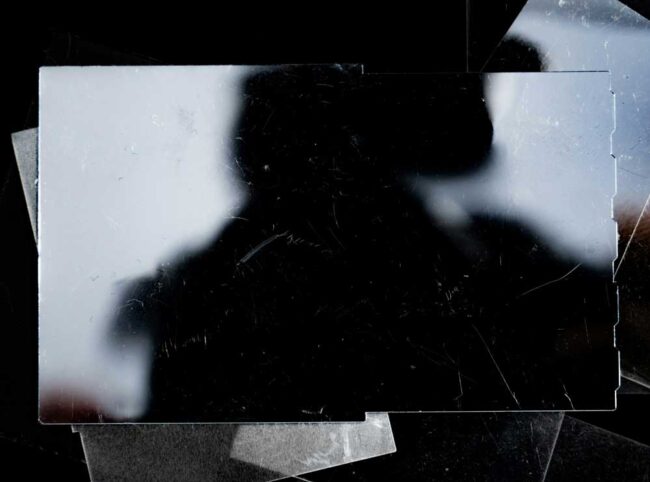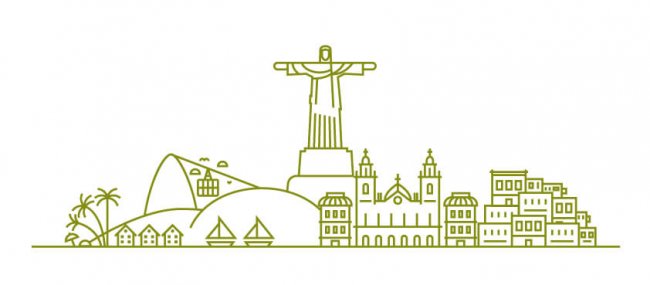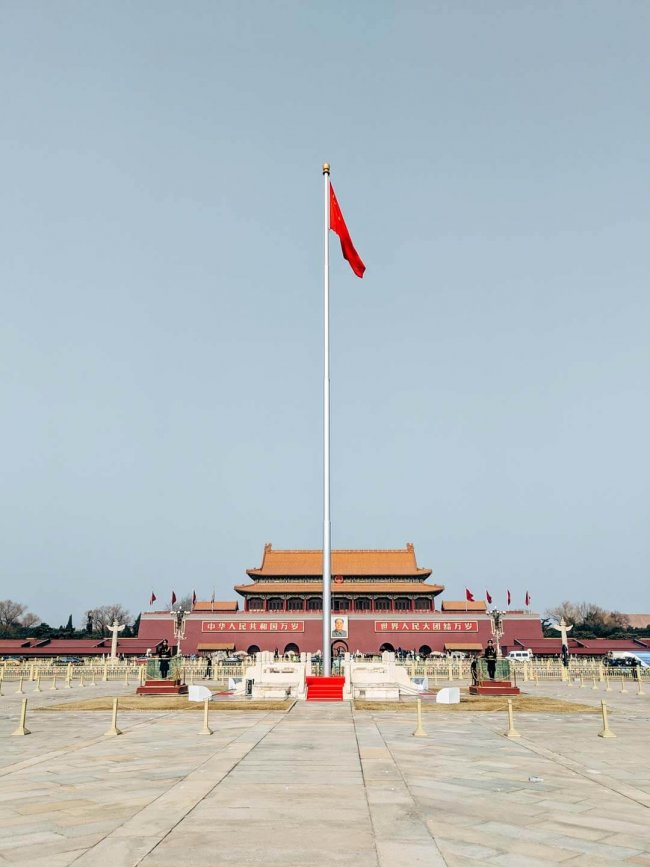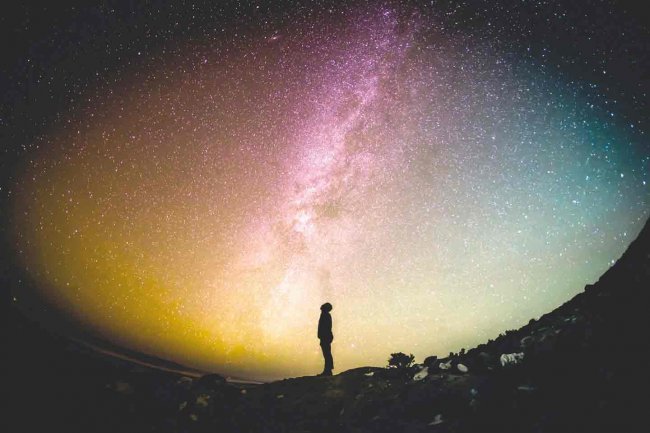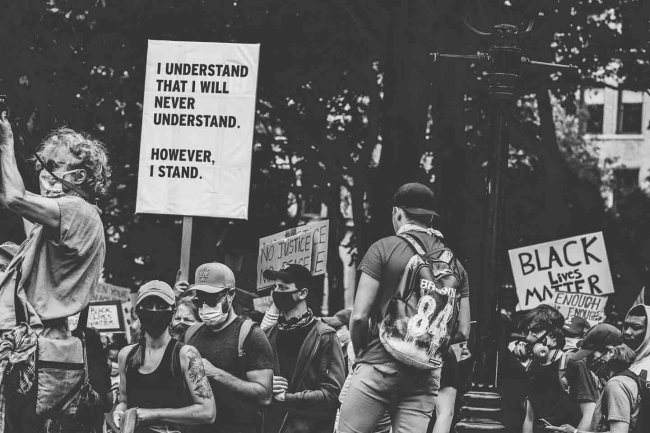Crossing Divides by Karim Dajani and Eyal Rozmarin
As kids, Karim Dajani and Eyal Rozmarin grew up within hours of each other, one in Beirut, the other in Tel Aviv—to parents who were born in what had been Palestine/Israel. From an astute understanding of the unconscious process, they have written, separately, about belonging and unbelonging and about the interpolation of culture on our beings. Now they meet, for the first time, to write about the impact the current catastrophe in their homeland is having on their souls, about the trauma and resilience in their families’ histories, and about the relevance of psychoanalytic thinking today.

